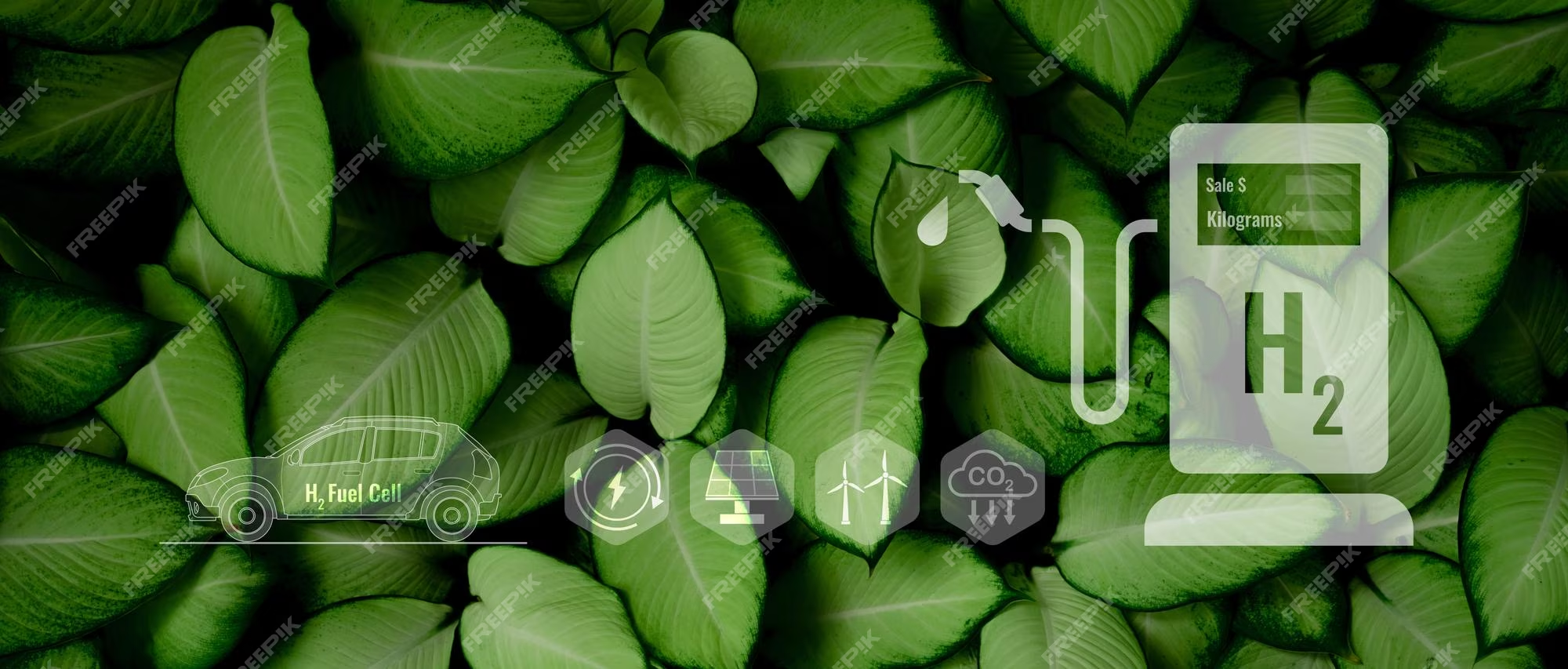Honda, a pioneer in the automobile industry, has been at the forefront of exploring innovative ways to transition towards a more sustainable future. With a special focus on hydrogen as a clean energy source, Honda envisions a future where the use of hydrogen can revolutionize the way we perceive mobility and energy consumption.

Image Source: FreeImages
The Genesis of Honda’s Hydrogen Vision
Honda’s journey into the world of clean energy began back in the college days of its founder, Dr. Robert Miller, an environmentalist and storyteller. A simple incident of a student throwing an empty soda can inspired a lecture on the energy required to extract aluminum from bauxite ore. This lecture was a stepping stone towards instilling a sense of responsibility towards the planet in Dr. Miller, which eventually laid the foundation of Honda’s vision for a sustainable future.
The Power of Hydrogen
Hydrogen, a high-potential energy carrier, stands as the cornerstone of Honda’s vision for a carbon-neutral society. The “hydrogen circulation cycle,” starting with renewable energy, consists of three phases – generate, store/transport, and use. The use of water electrolysis technology converts electricity derived from renewable energy sources into “green hydrogen.” This process makes it less susceptible to fluctuations in power generation due to seasonality and weather conditions.
Honda’s Triple Action to Zero Approach
Honda’s commitment to achieving carbon neutrality is encapsulated in its Triple Action to Zero approach. This approach aims to achieve zero environmental impact by using clean energy, reusing and recycling all materials used in products. The concept is simple: by not extracting finite materials and energy sources from the earth and not burying spent materials into the ground, Honda can strive towards achieving a sustainable future.
Honda’s Collaboration with Ascend Elements and POSCO
Honda’s commitment to sustainability is not only reflected in its vision but also in its strategic collaborations. The recent partnership with U.S. based Ascend Elements and South Korean steel manufacturer POSCO aims to achieve a stable supply of recycled lithium-ion battery materials. This collaboration signifies Honda’s intent to reuse finite materials towards achieving a consistent supply of recycled nickel, cobalt, and lithium for its EV battery supply chain.
The Role of Fuel Cells in Honda’s Vision
Fuel cells and their potential applications represent a significant part of Honda’s hydrogen vision. Honda has been a leader in research and development of hydrogen technologies and fuel cell vehicles for more than 30 years. The company recently announced the next-gen fuel cell system, co-developed with General Motors, that will be applied to the Honda CR-V FCEV in the coming year. The goal is to use this technology to facilitate the decarbonization of society through hydrogen use.
Hydrogen and its Unique Characteristics
Hydrogen has unique characteristics compared to energy stored in batteries. It has higher energy density, and refueling is faster than recharging. This makes it more suitable than batteries for large mobility vehicles like commercial trucks and power sources for large infrastructure.
Stationary Fuel Cell Power Stations
Honda’s plan to realize zero environmental impact for all corporate activities includes the development of stationary fuel cell power stations. These stations provide zero-emission backup power and are a promising future source of clean, reliable, and high-quality electricity.
Honda’s Collaboration with General Motors
Building on their shared vision for a cleaner and more sustainable future, Honda and General Motors have embarked on a joint venture to develop the next generation of fuel cell systems. This collaboration aims to achieve a significant reduction in the cost while doubling the durability of these systems.
Honda’s Hydrogen Business Initiatives in 2023 and Beyond
Looking ahead, Honda has several hydrogen-related initiatives planned for 2023. The company is gearing up to start demonstration testing on public roads of a prototype fuel-cell heavy truck, jointly developed with Isuzu. In addition, Honda has begun a verification test of the stationary power station installed on the premise of its US subsidiary.
Hydrogen Ecosystem
For the widespread utilization of fuel cell systems, it’s critical to establish a comprehensive hydrogen ecosystem. This includes supporting the expansion of hydrogen station networks. Honda has been actively participating in projects organized by national and local governments that utilize large volumes of imported hydrogen at ports and other locations.
Honda’s Vision for a Carbon-Neutral Society
Honda’s vision for a carbon-neutral society by 2050 is clear and ambitious. The company aims to only sell BEVs (Battery Electric Vehicles) and FCEVs (Fuel Cell Electric Vehicles) worldwide by 2040. With its focus on hydrogen as a clean energy source and its ongoing initiatives to develop and promote the use of fuel cell systems, Honda is paving the way for a sustainable and carbon-neutral future.
In conclusion, Honda’s hydrogen vision represents a significant leap towards a sustainable future. By harnessing the power of hydrogen, the company aims to revolutionize the automobile industry and redefine the way we perceive mobility and energy consumption. As we move into 2023 and beyond, it will be exciting to see how Honda’s vision unfolds and how it contributes to the global march towards sustainability.
